Records at Children's Hospitals in Ho Chi Minh City show that the number of dengue fever cases in children is increasing significantly. Worryingly, many cases have progressed severely, leading to shock, multi-organ damage and requiring intensive care. According to experts, the early rainy season has created favorable conditions for mosquito breeding, with the risk that this year will become a new outbreak cycle.
Many children have severe hemorrhagic shock.
Patient PKA (4 years old, temporarily residing in Binh Duong ) was transferred to the emergency room at Children's Hospital 2, Ho Chi Minh City in critical condition: respiratory failure, gastrointestinal bleeding, prolonged circulatory collapse, multiple organ damage, severe blood clotting disorder and progressive kidney failure.
Upon admission, the doctors immediately put the baby on a ventilator, drained his abdomen, administered anti-shock fluids, assisted his heart, and performed blood filtration. After 3 weeks of intensive resuscitation, the patient was taken off the ventilator and stopped using blood filtration.
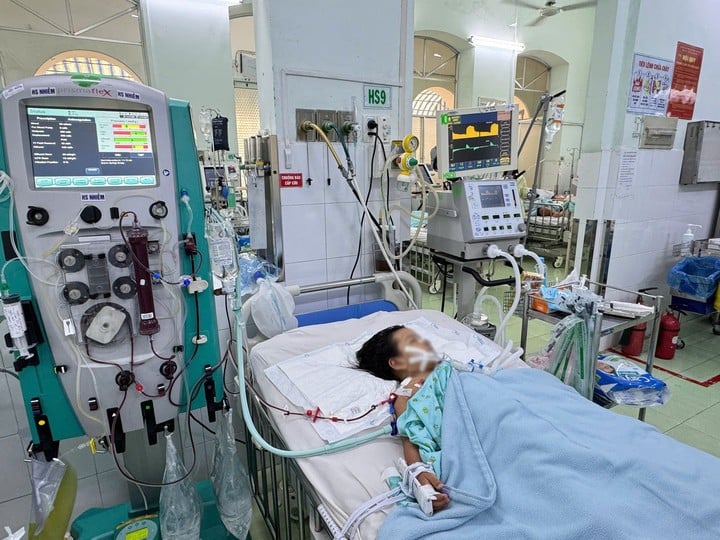
Since the beginning of June, Children's Hospital 2 has received inpatient treatment for more than 90 children with dengue fever. Of these, 19 were severe cases, a four-fold increase compared to the same period last year.
At the Dengue Fever Department, Children's Hospital 1, Ho Chi Minh City, about 50 to 60 children with dengue fever are treated every day, not including outpatients. The number of children hospitalized for dengue fever started from late April, early May and increased from early June, many cases are severe and life-threatening.
Associate Professor, Dr. Pham Van Quang, Head of the Department of Intensive Care and Anti-Poison, Children's Hospital 1 said: “The department is currently treating four cases of severe dengue fever in children. This year, the number of cases has increased, most of the children admitted to the hospital are in serious condition, showing signs of respiratory failure and blood clotting disorders. We have also prepared plans because the epidemic may break out even more.”
Children's Hospital, Ho Chi Minh City also received many cases of severe dengue fever in children. A typical case was a child under 4 months old who was admitted to the hospital with a serious blood clotting disorder.
Doctors quickly administered anti-shock fluids with high molecular solutions. Test results showed severe blood clotting disorders, and the patient was prescribed blood transfusions, fresh frozen plasma, cryoprecipitate, platelet concentrate, and 10% albumin to help fight shock. At the same time, the patient was treated with liver function support, respiration, oxygen therapy, and CPAP.
After 72 hours of treatment, the baby's hemodynamic status and liver damage improved, no further bleeding was seen, he was alert, fed well, and urinated well.
Risk of serious outbreak
According to statistics from the Ho Chi Minh City Center for Disease Control (HCDC), from the beginning of the year to mid-June, the city recorded more than 9,000 cases of dengue fever, an increase of more than 131% over the same period last year. In week 25 alone, 507 cases of dengue fever were recorded, an increase of 50.9% over the average of the previous 4 weeks. The total number of dengue fever cases from the beginning of 2025 to week 25 was 9,571. Districts with a high number of cases per 100,000 people include Can Gio, Cu Chi and Nha Be districts.
According to doctors, the most dangerous stage of dengue fever usually falls on the 4th or 5th day of the disease, when the disease can turn into shock, leading to life-threatening situations. However, this is also the time when the child's fever begins to subside, and parents easily assume that their child only has a common cold.
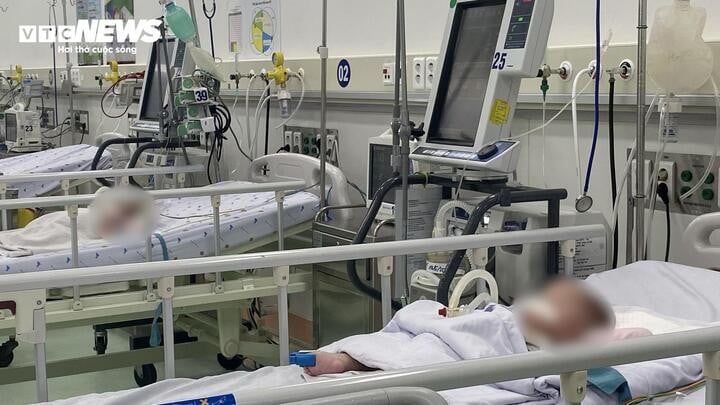
Doctors emphasize that when children show signs such as high fever that does not go down, extreme fatigue, abdominal pain, nausea, rash, nosebleeds, cold hands and feet, black stools, etc., they should be taken immediately to a medical facility for testing and not treated at home to avoid dangerous complications.
Faced with the risk of a dengue fever outbreak, the Ho Chi Minh City health sector recommends that people not be subjective or negligent in disease prevention measures.
People need to strengthen measures to kill mosquitoes and larvae, proactively clean the living environment, remove water-containing objects such as bottles, jars, basins, pots, etc. around the house. Sleep under mosquito nets even during the day and use mosquito repellent when necessary to avoid mosquito bites.
Source: https://baolangson.vn/sot-xuat-huyet-bung-phat-o-tp-hcm-nhieu-tre-nguy-kich-5051247.html












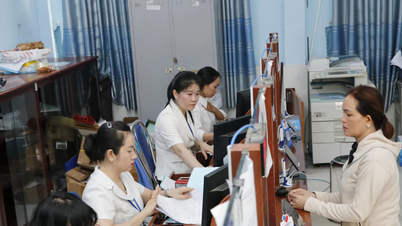











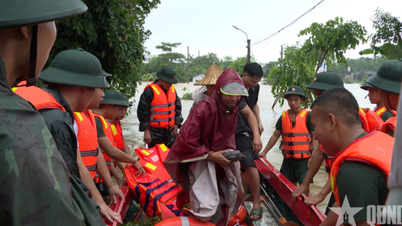



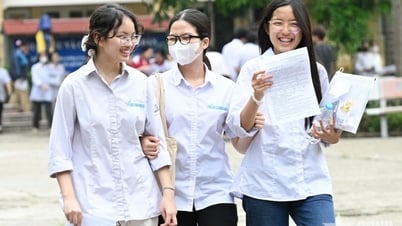
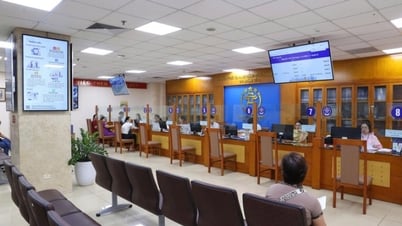































































Comment (0)